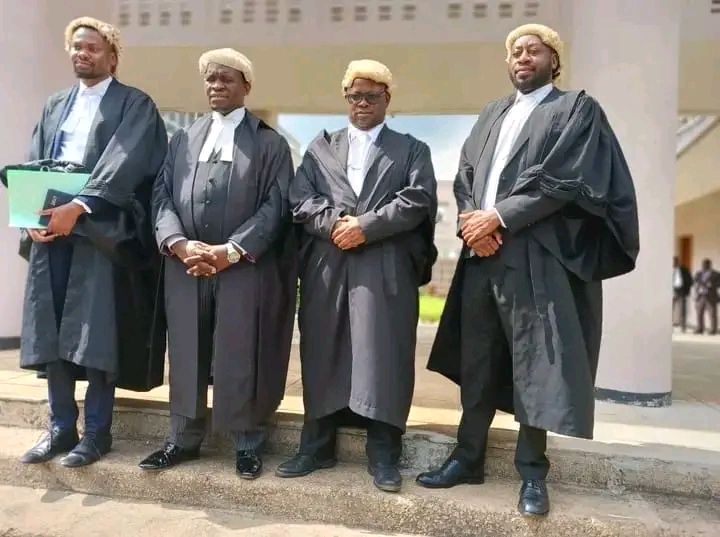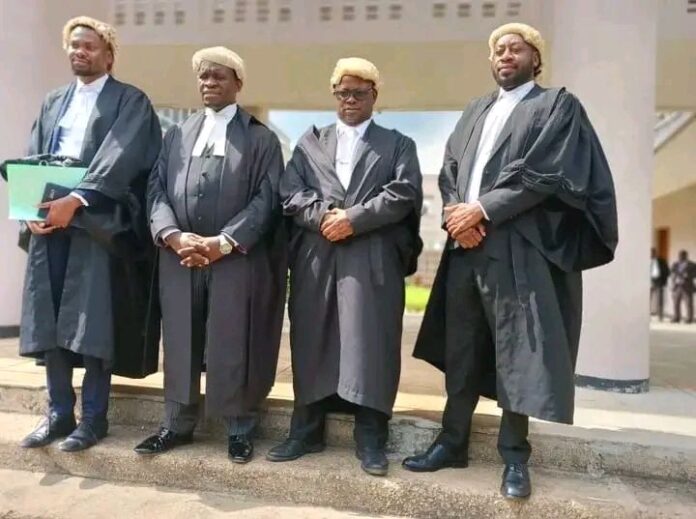By Jones Gadama
The Malawi Supreme Court of Appeal convened today to hear arguments in the case challenging the appointment of Brigadier (Retired) Charles Kalumo as Director General of the Department of Immigration and Citizenship Services. A nine-member panel of judges presided over the hearing, which pitted the Attorney General’s office against Immigration Officer Chikhulupiliro Zidana.
The case dates back to August 2022 when President Lazarus Chakwera appointed Kalumo to the position.

However, Zidana initiated a judicial review at the High Court, arguing that the recruitment process was unlawful. In a ruling delivered earlier, the High Court nullified Kalumo’s appointment, prompting the Attorney General’s office to file an appeal at the Supreme Court.
During today’s hearing, Attorney General Thabo Chakaka-Nyirenda (SC) and his legal team, comprising Francis MacJessie and Ndoli Chiume, presented arguments to persuade the bench to overturn the High Court’s decision.
They contended that the lower court erred in its ruling and that Kalumo’s appointment should be upheld.
In contrast, private practice lawyer John Kalampa, representing Zidana, argued in support of the High Court’s decision.
He maintained that the recruitment process was indeed unlawful and that the court should uphold the nullification of Kalumo’s appointment.
The nine-member panel of judges, consisting of Chief Justice Rezine Mzikamanda, Deputy Chief Justice Lovemore Chikopa, and Justices Sylvester Kalemba, Ivy Kamanga, Healey Potani, Frank Kapanda, John Katsala, Charles Mkandawire, and Rowland Mbvundula, heard the arguments from both sides.
The judgment is expected to be delivered at a later date, which will be communicated to the parties involved.
The case has significant implications for the Department of Immigration and Citizenship Services and the country’s governance.
The Supreme Court’s decision will determine the legitimacy of Kalumo’s appointment and potentially impact the department’s operations.
The hearing was a significant development in the ongoing dispute, and stakeholders await the court’s decision with interest.
The case highlights the importance of ensuring that public appointments are made in accordance with the law and that the rule of law is upheld.



